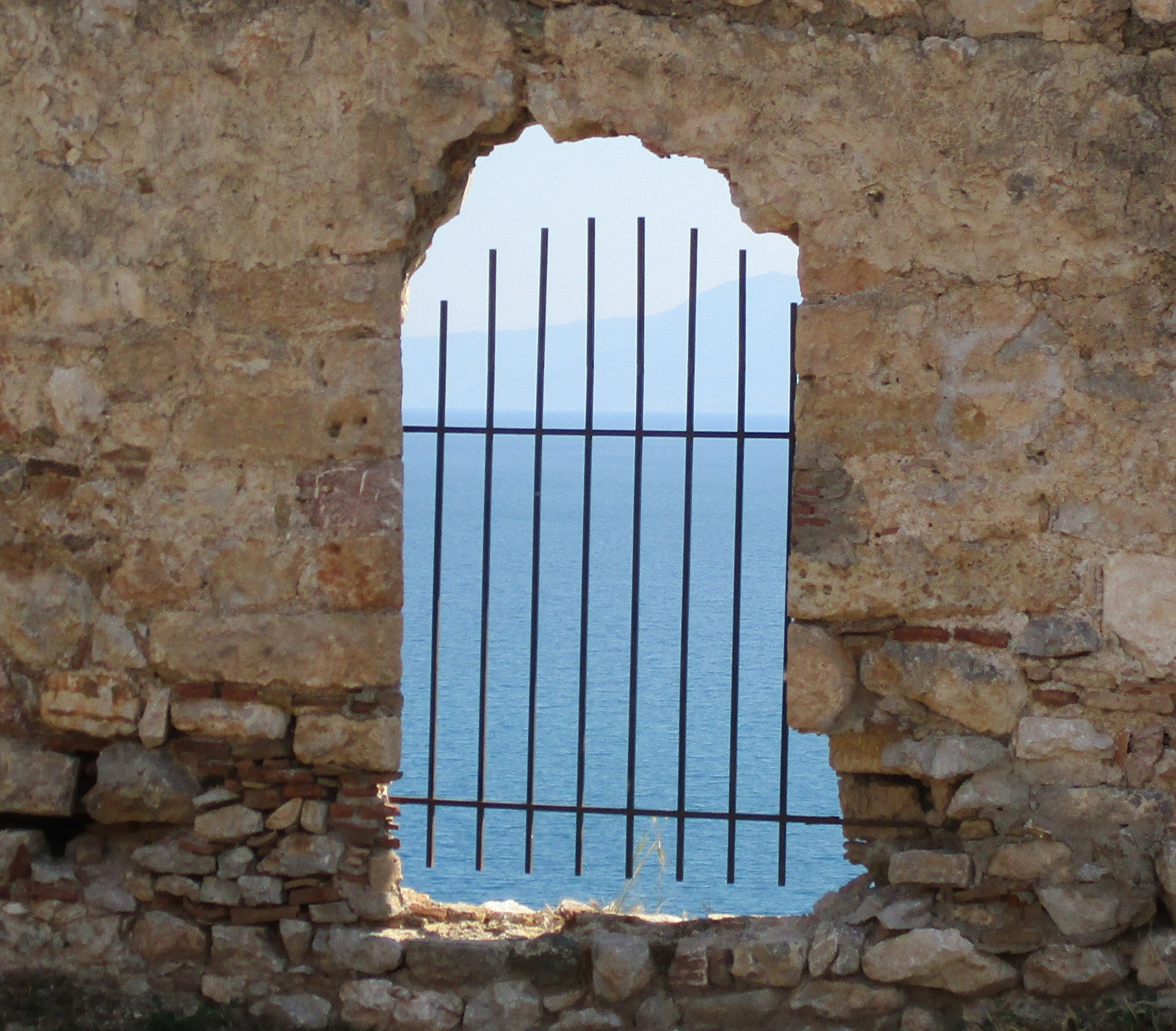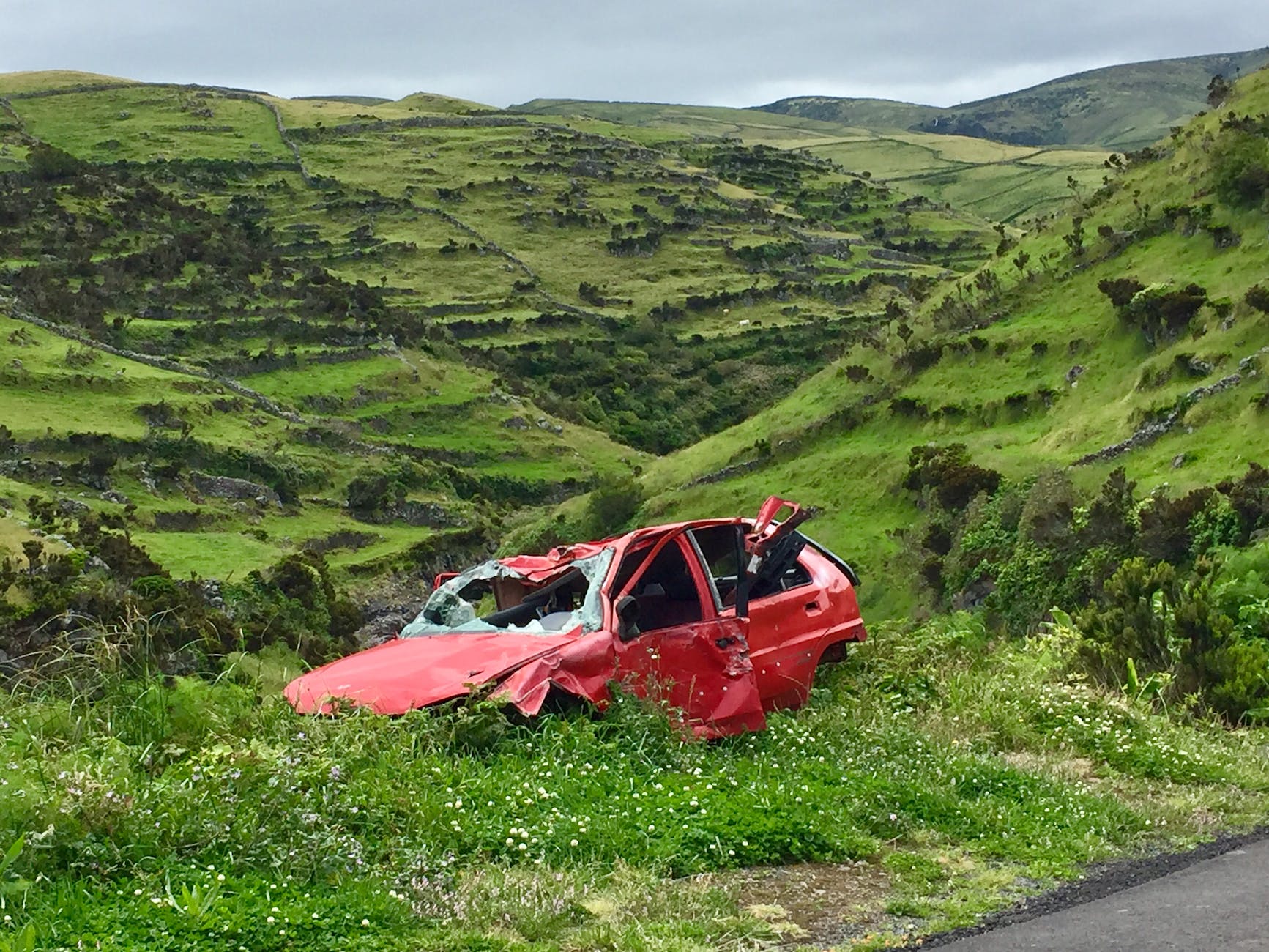December 2019
I have resigned from working for a living. Now begins a repurposed life.
I announced this decision in September 2019 and followed through two months later, but it was a long time in arriving. I can follow the trail of the decision to retire early all the way back to the summer of 2007, when I camped out alone in the wilds for a week. I knew that if I retreated from the constant noise of my over-busy life, I would be able to hear my own voice, take counsel with my authentic self, and find new direction. That new direction is what ultimately led me right here, right now: moving to Costa Rica at the age of 62 to have more time but less money.
What is the purpose of life? What are people for?
Wendell Berry’s essays have influenced me for most of my adult life. In his book, What Are People For?, Berry describes two circles: nature and its creatures, in which we are just one of many; and the circle of human civilization, man-made and self-destructive.
Berry observes:
“In the circle of the human we are weary with striving, and are without rest.”
That was how I had come to feel: constantly striving, even on weekends when I didn’t have to go to work. I finally had to begin taking weekly Sabbaths just to give myself permission to rest. Ceasing from strife for one day a week made me aware of another way of being, another way of seeing the world.
Going on that retreat in 2007 and beginning a personal celebration of Sabbath (Sundays with church and social activities had become just another type of striving) opened my senses to that pervasive atmosphere of striving we accept as the cultural norm in our enslavement to the machine of progress.
That relentless thrust of “the economy” that rules our lives until we refuse to let it; and we DO let it, if we don’t recognize that it’s something outside and separate from our existence, not the real me, just an idea imposed upon me. That driving force of “the economy” as we accept it holds us all in thrall, “enthralled” by the lure of the American Dream.
Materialism, consumerism, competition – the entire grammar of the dominant narrative bullies us into believing it is the only way to live. Well, it isn’t.
“What are people for?” That means you and me.
Berry assures us that the purpose of life for people is not what corporations or government or employers tell us it is.
It is not to become cash cows to every type of insurance that threatens us with the choice of our lives or our money. Life is not for buying whatever the advertisements tell us we need. Maybe, just maybe, if we stopped listening to that voice of striving and began to listen to our inner voice— and to connect with nature—we would know what we are for.
New purpose. Repurposed.
What would that be? It is my intention to repurpose my life to something that is creative, something that helps connect people to one another, to their authentic selves, to nature, and perhaps even to God—the source and expression of Love.
Orion Magazine has re-published something Berry wrote in response to 9/11, “Thoughts in the Presence of Fear.” The last of his 27 thoughts directly relates to what I mean by repurposing our lives:
“XXVII. The first thing we must begin to teach our children (and learn ourselves) is that we cannot spend and consume endlessly. We have got to learn to save and conserve. We do need a “new economy”, but one that is founded on thrift and care, on saving and conserving, not on excess and waste. An economy based on waste is inherently and hopelessly violent, and war is its inevitable by-product. We need a peaceable economy.”
RePurpose has a double meaning.
The term, repurpose, is obviously linked to the Four Rs of environmental practices: As much as possible, it is better to repurpose something than to recycle it. Recycling isn’t the answer.
The second meaning is a little subtler: Turning away from a life of work-to-consume is a first step in the quest for authentic life purpose.
If life is not all about being a consumer, then what is it about?
“Let there be peace on earth, and let it begin with me…” If I choose to convert my role as a consumer to the role of a producer—a producer of art, of home-based life skills, and of community—in my own small way this will contribute to a peaceable economy. If more of us choose to turn away from our roles as consumers and become producers of community, maybe we will not save the world, but certainly we can make a difference.


